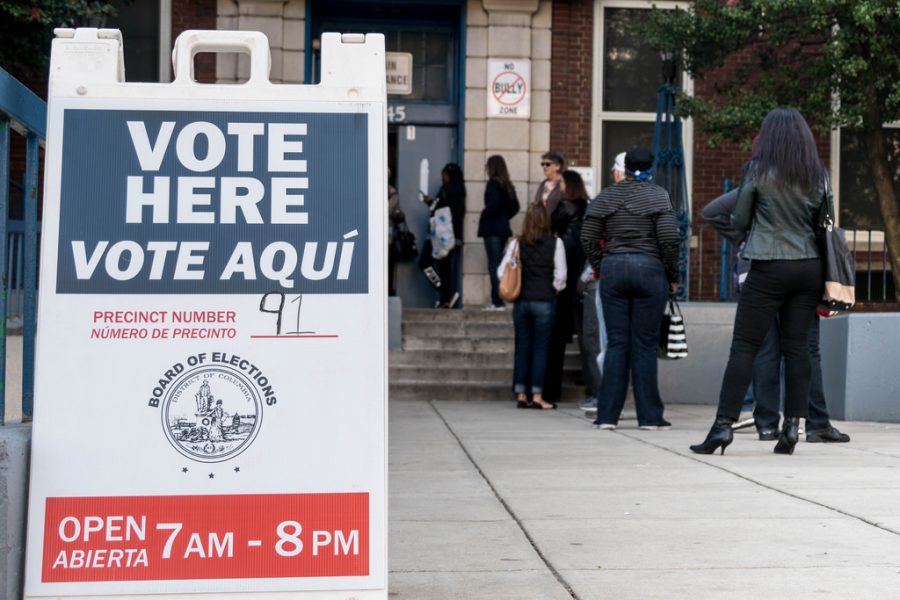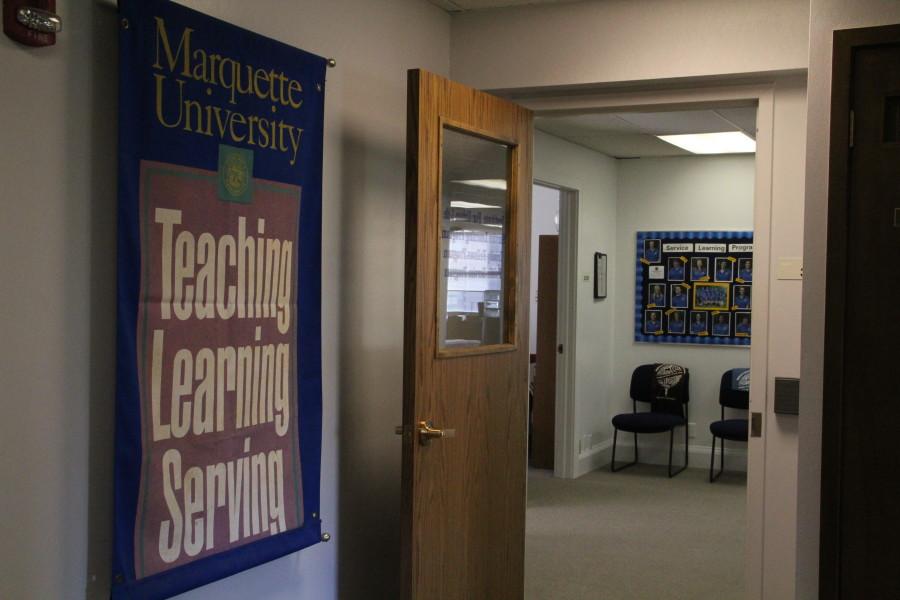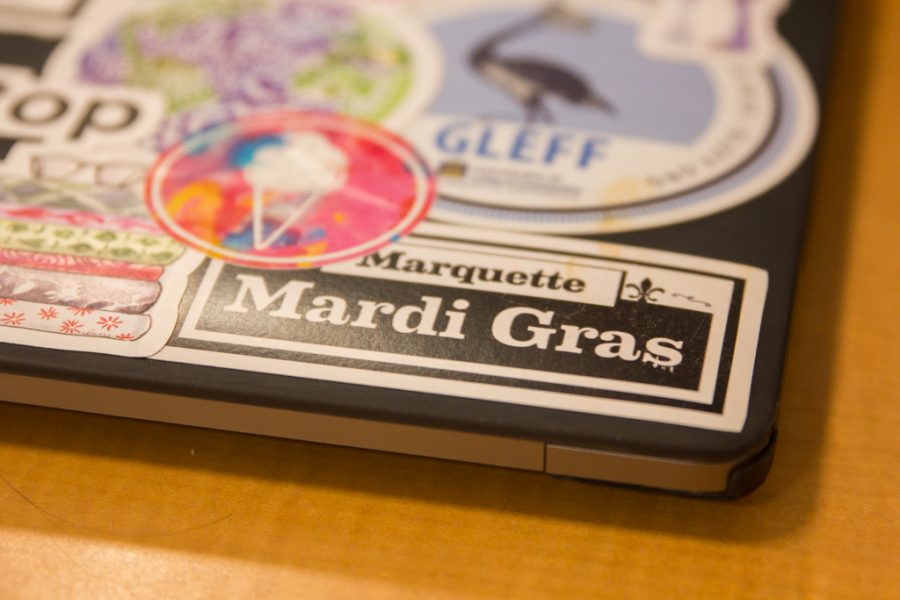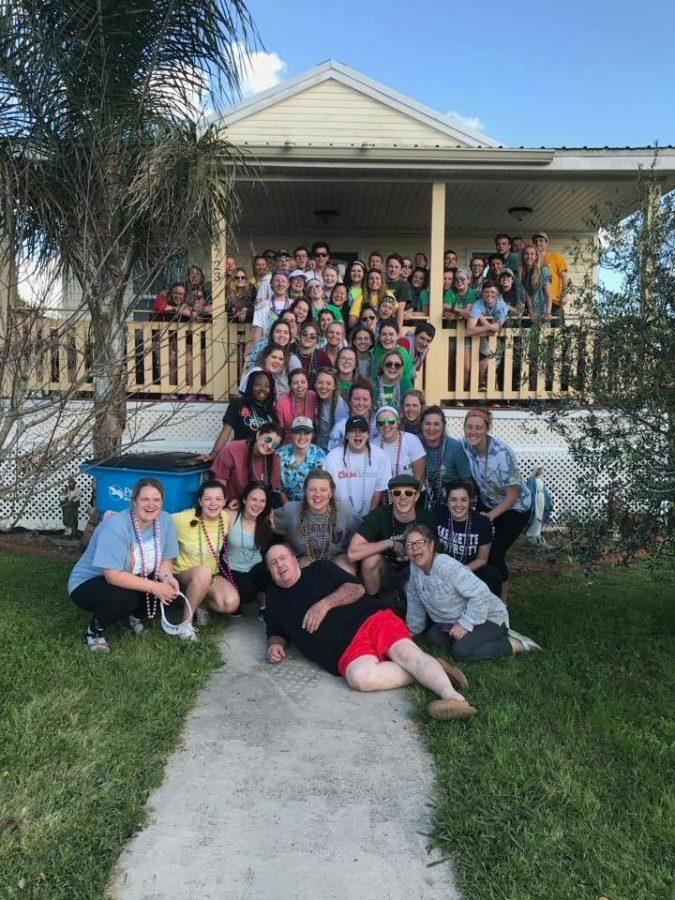 The trickiest thing about writing a column is that it is your voice reading it, not mine, despite my name under the headline.
The trickiest thing about writing a column is that it is your voice reading it, not mine, despite my name under the headline.
Two weeks ago, I wrote a column reflecting on the effectiveness of volunteer service trips. In the days that followed, I received a substantial amount of feedback from the Marquette community. After listening and reading to several people’s comments, it became evident that I did not clearly articulate my argument.
Because of the large volume of responses, I would like publicly address the main points of discussion around my column.
Why are you condemning all of these well-intended people?
It would be difficult for me to name a friend at Marquette who has not participated in a service trip. I intended to highlight that many people participate in service trips without considering the best possible way to have an affect on a community, and that is the issue. In my experience, several of those who participate do so without regard for what would be best for the local community. I recognize there are exceptions to this, but I can only draw conclusions based on my personal experience. By no means do I think these individuals lack good intentions.
Helen, building houses can be a meaningful experience.
There is no doubt in my mind that individuals who spend a week in a community different from their own, regardless of the activity, have a meaningful experience. My focus is on the community served. To have an affect on the socioeconomic success of a community, projects should be based on empowerment. Building houses will help — people need places to live and go to school— however, my argument is that a group of high school or college students is not the most efficient way to achieve this success.
Building a home can empower a family as a starting point; or a school can drive education. My point is not that building these structures is pointless, instead, I believe that resources would be better used investing in programs that would work to further develop the education, and consequently the employment possibilities of locals. In my column, I gave the example of a construction worker using his expertise to serve a community, that of course would be through something like a house, school or hospital.
Groups of students, friends or church members, should absolutely continue to participate in service trips. But their focus should be on activities and programs that will empower the community in the long term. Perhaps they spend the months prior to a trip learning the essentials for constructing a home, then during their trip teach the homeowners how to efficiently and effectively do the same.
There are other organizations that work to empower communities.
Yes, there are! In fact, while writing my column I did a decent amount of research on the Global Brigades programs. These programs are essentially modeled exactly like my argument of what a service trip should be: empowering local communities through services that best utilize the skill sets of volunteers. In no way do I believe all service organizations are inefficient and ignorant to the long term needs of communities.
Helen, you’re a hypocrite. MARDI GRAS is the exact same thing as any service trip that builds houses.
MARDI GRAS is unique in that we continue to return to the same community and work with the same people, four times a year for the past several years. Not all of our projects repeat interactions. In fact, many of our projects work on abandoned homes with no one there to talk to. Where the MARDI GRAS experience stands out is in the ability to form lasting, meaningful relationships with homeowners whom we see every trip. That’s not to say that someone who goes on a service trip to Mexico for two weeks cannot build a relationship, but MARDI GRAS’ return to the same community again and again facilitates these relationships and strengthens them over time.
I see MARDI GRAS as a powerful cultural exchange. It is a different category of trip, not one that necessarily aims to empower, but instead focuses of social issues. It is difficult to address this because discussing racial divides is taboo in our country. But that’s a big part of what MARDI GRAS does. MARDI GRAS is an opportunity to participate in a dialogue that addresses some issues regarding interracial relations we face in our county. By no means does MARDI GRAS resolve these issues, but even bringing them to light among Marquette students is an important step.
We do this through our work with homeowners; we establish a community. Our community is strong because people return on future trips. These relationships and this discussion is made even stronger when homeowners participate in our group reflections. These dialogues provide powerful experiences for me regarding the discussion of racial divides.
MARDI GRAS started as an organization aiming to rebuild homes devastated by Hurricane Katrina, similar to those with which I take issue. Through many years and dozens of trips, we established a community in New Orleans. MARDI GRAS uses building houses as a way to cultivate a community and consequently, has become an organization whose greatest impact is social, not physical.
One could argue it would be more efficient for MARDI GRAS to stay in Milwaukee. Milwaukee is one of the most segregated cities in the country. Both Marquette students and Milwaukee residents would benefit from a dialogue and community similar to the one we have in New Orleans. However, it is important to note that Hurricane Katrina was an excuse for Marquette students to visit the New Orleans community. Simply walking into a community and assuming you will be able to open a dialogue about social issues is unrealistic. It takes time, trust and respect from both parties.
Yes, sometimes there are people who participate in MARDI GRAS and do not have this experience. However, the ability to come back time and time again provides opportunities to build this community and share these important dialogues.
Services trips are valuable. One day we must arrive at a point where these trips are not necessary. The sustainable way to do that is to empower communities for the long-term.






